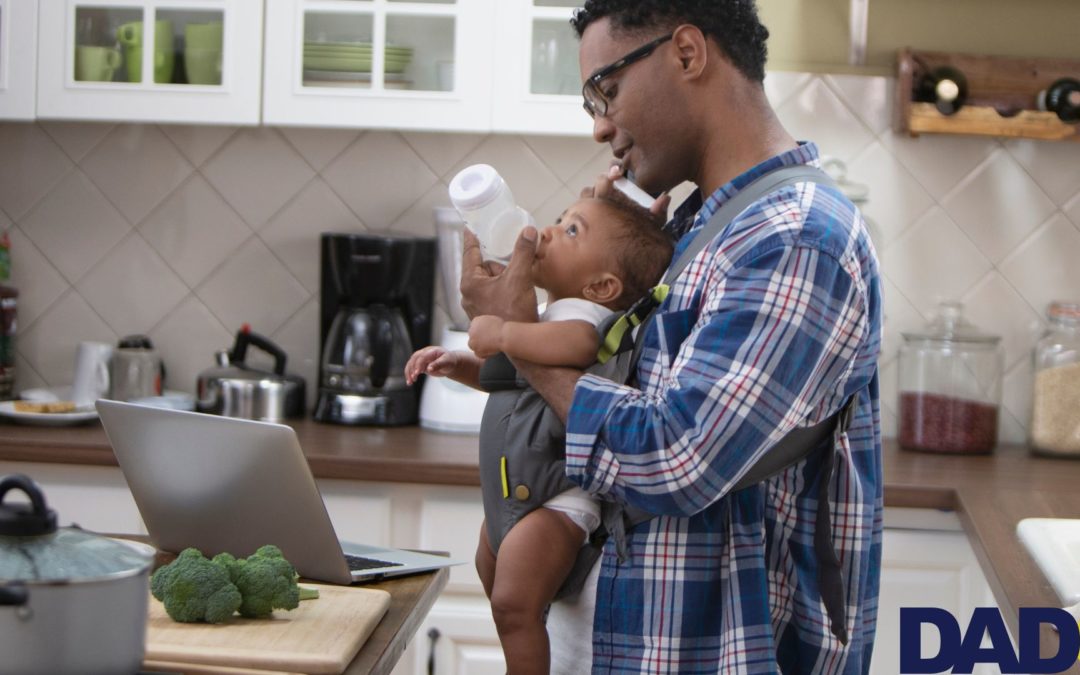
Today marks ‘divorce day’- the day of the year when divorce lawyers see a surge of couples wanting to split. It’s thought this occurs because January is traditionally the time for ‘fresh starts’, plus the Christmas period can prove stressful.
When there’s kids involved, divorce and separation is often much more strained. One way to combat this is to focus on the idea of a child-centered divorce.
This week we will be showing you how you can have a child-centered divorce, with helpful advice from experts at parenting charity Fegans.
What is a child-centered divorce?
Splitting parents can often be overwhelmed with stress and anxiety over the impending separation. This can cause mum and dad to unintentionally focus on their own struggles, rather than the wellbeing of the children involved.
Thankfully, parents tend to agree on one thing- that they love their children. A child-centered divorce helps both parents focus on the best interests of the children, and shields them from the anxiety and trauma of their parents separating.
Why focussing on children in divorce is important
‘If parents are warring then children feel stuck in the middle,’ says Debbie Pattison, Digital Counselling Manager at Fegans. ‘Kids can feel that they have to take sides. If they’re living with mum they can feel they have to be loyal to her, and then cant show any empathy to dad. The transition from one parent’s house to another is difficult because they can feel a lot of guilt. Mum may want to know what the child has done at dad’s, for example, but they daren’t say they’ve had a good time. It can really split a child with loyalty and feeling they need to choose.’
Overall, says Debbie, the more the parents can be amicable, the better it is for the child.
‘For a child it’s a form of grief- to them it’s the loss of their old life and their complete family.’ she says. ‘Parents need to sometimes step back and see it from the child’s point of view. To a child a split is massive- the world they knew has been ripped apart. They can also feel responsible and guilty, wondering if it was because of them and if they did something wrong.’
How to have a child-centered divorce
Avoid court
This is the most important factor. Commit with your ex from the start of your split to avoid a nasty court battle. The entire structure of the court system determines one parent the ‘winner’ and one the ‘loser’. The ‘loser’ is likely to fight to change the outcome of the court’s decision, delaying peace between the parents for years to come, eating up their finances and causing major stress.
Research shows that parental conflict is the most damaging aspect of divorce for children, with court being the most serious part of the process. Mediation or an amicable arrangement is much less harmful.
Focus on a positive future
Breakups can breed resentments and bitterness. One way to sidestep those negative feelings is to consider instead what you want your future to look like for you and your children. In the future, would you wish your children to feel that you shielded them from the misery of the divorce? Would you like them to have felt loved by both parents?
Considering this for your children can help you stay on track with putting their needs first amid the misery of the split.
Build deeper bonds with your kids
With their parents breaking up, children caught in the middle will be feeling anxious and uncertain of the future. A great way to counteract the effects of a divorce is to spend quality time with them, talking to them and listening to their feelings. Let things go a little if they are acting out more- it’s likely that they are emotional and struggling.
Approach conversations with your kids sensitively
Whatever you may be struggling with about your breakup- perhaps there was an affair, for example- avoid going into detail with your child. ‘I’ve heard many times of parents oversharing with the child- it’s best to step back, and not badmouth the other parent to them,’ advises Debbie. ‘Just really try and see it through their eyes. If the child feels they have to choose between you then it will give them guilt and shame.’
Ask how they feel and have open discussions about the changes- for example if a new partner is moving in then conversations and reassurance is important. ‘If you can keep talking to them and reassuring them it really helps- and they really need to keep hearing that you love them,’ adds Debbie.
Look out for further detailed guidance on child-centered divorce coming later this week on Dad Info.









